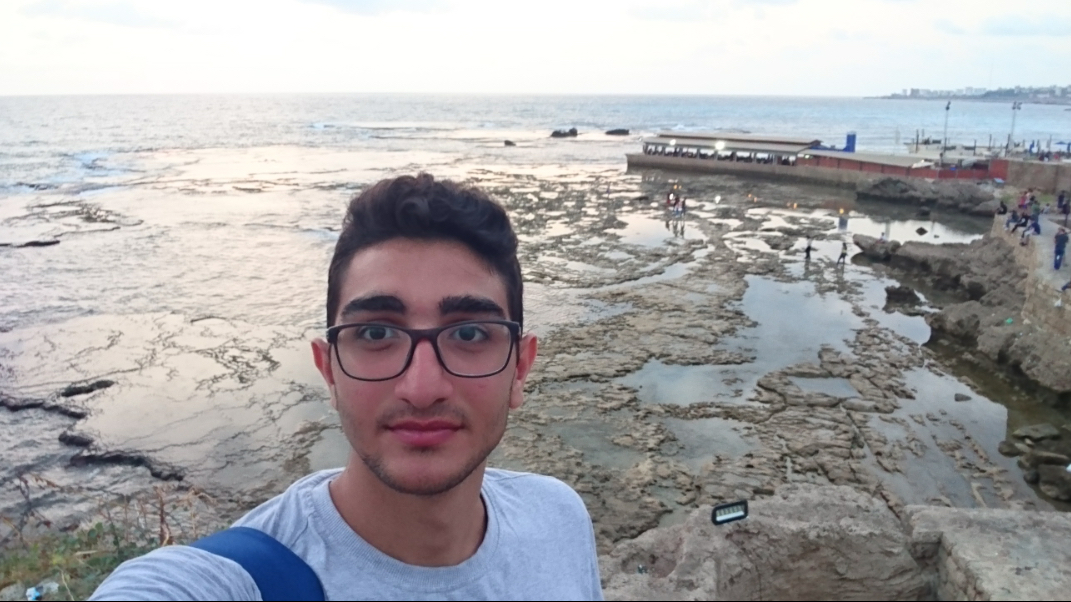Speech Delay: How to Help Your Child
As we eagerly wait to hear a child’s first words, we are filled with excitement and anticipation. Expectation that makes it is so easy for us to become anxious, subconsciously hindering speech development in our children.
Samar Haidar, Beirut-based speech therapist and the Vice President of the Lebanese Association of Speech Therapy, previously explained the varying factors behind speech delay, shedding light on the role parents play. Etcetera spoke to Samar to find out what parents should and shouldn’t do when dealing with speech delay.
Are You Confusing Your Child?
At one point or another, we’ve all subconsciously tried to raise cultured children that can speak multiple languages, switching between Arabic, English, and French.
Often, parents of children with speech delays are advised to focus on one language at home. The reason being simple: to avoid confusion.
“Every child has a mother tongue, the basis on which children are able to develop other languages”, Samar explains and continues “The goal here is to focus on and strengthen the mother tongue, so it can be a solid reference for the learning of other languages”.
Multiple languages can affect a toddler when we use them in the same sentence. This leads to confusion and possible speech delay because according to Samar, “Every language activates a certain part of the brain.”
Samar likes to encourage a ‘one person, one language rule’. What she suggests is that each person in the family gets to speak to the toddler in only one language. So for example, Mom can speak to the child in French, Dad in Arabic, and a third party in English.
“Here, as we divide the languages clearly, there is no difficulty for the child to pick up on each of them”, explains Samar pinpointing that when a sentence starts out in English, it should finish off in English as well. Adding in Arabic and French words halfway through will do more harm than good. Only when we feel the child is grasping each of these languages separately can we begin mixing them.
What Can You Do to Help?
As concerned parents, when we sense a speech delay in our children, we start to stress and subconsciously stop speaking naturally.
Asking questions like ‘what do we call this?’ only confuses the child. “Speech develops when we speak to the child and explain in a simplified manner by focusing on short phrases, emphasizing on specific wordsand giving them time to express themselves explains Samar.
Samar suggests seeking expert aid if at 20 months the child has not spoken yet. “I would like to stress that when parents come to me, I like to give them some guidance and then monitor the progress from a distance rather than resorting to treating the child immediately. If we see that progress is limited this is when we intervene.”
Finally, Samar offers some tips for parents to “speak naturally, clarify the phrases, lower yourself to the child so you are on the same level making eye contact. Within every sentence, focus on a word and repeat it for the child to grasp it.”
She reminds us not only to speak but to also give space and time for the child to respond. Even if you can’t hear actual words, that cute babbling counts too. Samar reassures us that it’s those precious sounds that will later develop into sentences.
Samar Haidar is a Beirut-based speech therapist and an expert in special education. She is the president of the Lebanese Association of Speech Therapy and has over 20 years of experience in the field.






